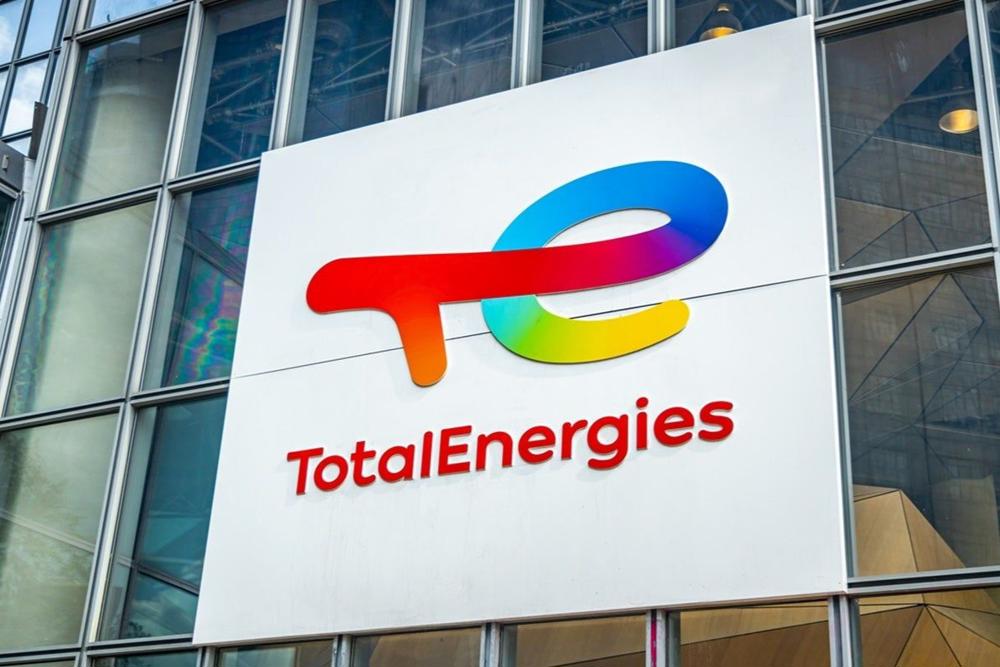TotalEnergies is moving forward with the revival of its landmark US$20 billion liquefied natural gas (LNG) project in Mozambique’s Cabo Delgado province, following the Mozambican government’s assurance that conditions are now secure enough for the resumption of operations.
This development follows a recent meeting between TotalEnergies CEO Patrick Pouyanne and President Daniel Chapo, signalling a high-level commitment to restarting one of Africa’s most ambitious energy ventures.
The project, suspended in 2021 due to a surge in violence linked to an Islamic State-affiliated insurgency, is now gaining momentum after security interventions have reduced attacks in the vicinity of the Afungi project site, though risks remain.
“It was a meeting with the perspective of restarting activities,” said Mozambique’s Minister of Mineral Resources and Energy Estevao Pale, highlighting the renewed optimism from government officials as well as the private sector.
Preparatory work is underway at the site, with TotalEnergies having formally instructed contractors — including major players such as Mota-Engil and Besix — to remobilise equipment and personnel.
The company recently issued a notice to proceed with site work, marking the first tangible step toward full-scale construction since work stopped four years ago.
The revived venture will involve the development of the offshore Golfinho and Atum gas fields and the construction of a dual-train LNG plant designed to produce 13.12 million metric tonnes per year.
TotalEnergies holds a 26.5 per cent operating stake, with other stakeholders including Japan’s Mitsui & Co, Mozambique’s national oil company ENH, and a consortium of Indian and Thai partners.
Crucially, the US Export-Import Bank has reaffirmed its financial backing, recently approving a US$5 billion loan to support the project.
Additional loan reapprovals are being sought from UK and Dutch export credit agencies, further bolstering the project’s financial foundation.
If progress holds, TotalEnergies aims to fully resume development by mid-2025, with production targeted for 2029.
The project stands to boost Mozambique’s economy, generate thousands of jobs, and position the country as a significant force in the global LNG market.
